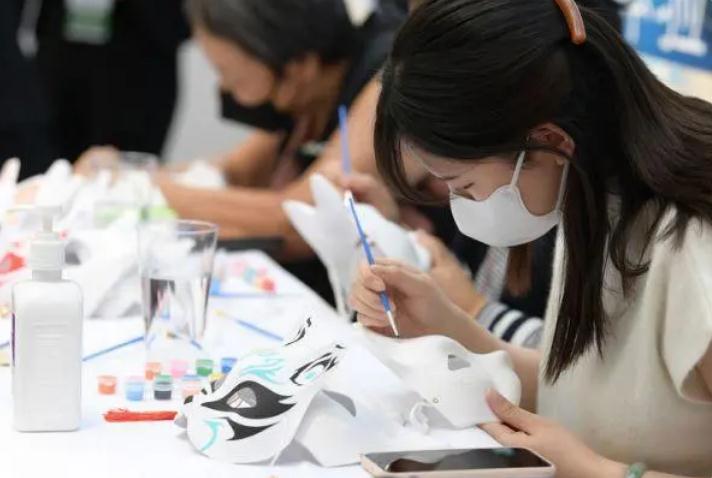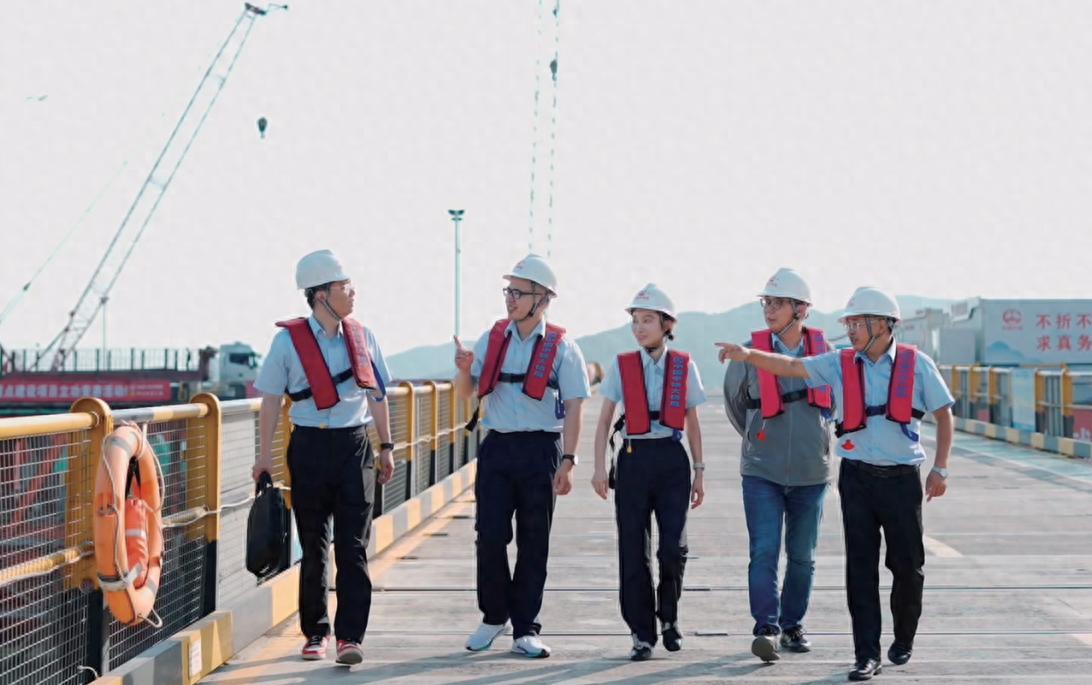昨日,名为#和颐酒店女生遇袭# 的话题在微博上不断发酵,仅仅一晚上的时间,该话题阅读量已达7.7亿,讨论量达到了126万。
网友@弯弯_2016通过携程预订并于4月1日入住望京 798 和颐酒店。3 日晚 22:50 左右弯弯返回酒店。在4层电梯口翻找房卡之际,弯弯被一同乘坐电梯的陌生男子使用暴力(掐住脖子等)进行强行拖拽,而酒店宣称电梯必须使用房卡才能按楼层。
被拖拽的过程中她一直在大声呼救、尖叫,但被酒店服务员误认为是情侣吵架,没有进行任何阻止,路过的房客也并没有上前阻止。

在此过程中,尽管该女生一再表明自己并不认识该男子,但却无人阻止该男子行为。所幸在女生被拖离监控摄像头拍摄范围之前,一名女房客及时拉住了她,将其从这一场惊魂事件中解救了出来。

这个事件中,最让人震惊的也许是一个女孩被一个男人粗暴对待,被掐脖子扯头发,被强行拖走,围观者竟然因为以为是情侣吵架,而无所作为。
针对女性的暴力,无论发生在陌生人间还是情侣或夫妻间,都一样的应当被谴责和制止。公众在这方面意识的淡薄令人心寒。
朋友圈里关于“防狼招数”“如何自救”的帖子已经有很多,双语君不想赘言,但确实想借这个机会带大家换一个角度思考这一问题。
《赫芬顿邮报》资深编辑Amanda Duberman写过一篇文章,列出女性为了安全自保,而不得不养成的各种习惯。
这些看似平常的举动,当这样被罗列在我们眼前时,才有触目惊心之感,女人们作为潜在受害者,却要为自己的安全负责,承受巨大的压力。
双语君将这篇文章分享出来,供大家思考。
“But it is the men who are attacking the women. If there is to be a curfew, let the men stay at home.”
“然而这是男人在攻击女性,如果要有宵禁,也该让男人待在家里。”
So responded Israeli Prime Minister Golda Meier to a 1950s suggestion that fewer women would be assaulted if all were asked to stay inside. While few would suggest confining women to their homes after dusk in 2016, the burden placed on women to protect themselves from potential harm is nonetheless heavy still.
这是20世纪50年代,以色列前总理果尔达•梅厄对于当时一项提议的回答,那项提议说,如果女人都呆在家里,那么受侵害女性的数量就可以减少了。现在已经是2016年,大概没有多少人会建议女人太阳一落山就把自己关在家里了,但她们承受的保护自己免遭侵害的压力,并未减轻。
Many have explained why “what were you wearing?” and “why were you out so late?” are problematic responses to cases of assault. Both imply a woman should be held responsible for her own safety; that by wearing the wrong thing or going to the wrong place at the wrong time, she has failed to prevent her own victimhood.
很多人都解释过,面对性侵事件,“你当时穿什么样的衣服?”和“你为什么这么晚还在外面?”这种质问是有问题的。这暗示着,一个女人应当为自己的安全负责任,因为她穿错了衣服,或者在错误的时间去了错误的地方,所以未能避免自己沦为受害者。
Yet even more earnest, well-intentioned commands to simply “be careful” take for granted how much energy and preparation “being careful” actually entails. “Practicing caution” can be frightening. “Watching your back” can be expensive. “Staying safe” can be exhausting.
而那些充满关切和好心的让你“小心一点”的建议,更是觉得你为“小心一点”而付出的精力和准备的各种预防措施,都是理所应当的。“提高警觉”其实很吓人的;“小心你的身后”可能要花很多钱;“保证安全”会让人心力憔悴。
Across packed cities, small towns and sprawling suburbs, many women adopt daily behaviors in order to feel safer that are rarely discussed in broader conversations about preventing assault. Altogether, these small behavioral modifications amount to an atmosphere where women’s mobility is dictated by safety concerns. We asked our community, both within The Huffington Post newsroom and on Facebook, to share some of the things they do to “be careful.”
穿过拥挤的城市、袖珍的小镇和弯曲延伸的郊区,女人们采取各种日常措施,来增加自己的安全感,但这些小的行为在更广泛的关于防止性侵的讨论中甚少提及。积微成著,这些细小的行为上的改变,积聚成一种大氛围,在这种氛围下,女人的所有行动都受制于安全考量。我们召集赫芬顿邮报的编辑室,和脸书上的女性,来分享她们为了“小心一点”而做的事情。
For many, the actions listed below are small-scale habits practiced on a daily basis, often based on negative past experiences. They are not a guarantee of safety, but reached for as a first line of defense. Few would say these are things a woman should have to do to prevent an assault. Many more will say they are the things she should have done to avoid it.
对于很多女人来说,以下列出的这些都是日常养成的小习惯,通常都源于过去遇到的负面经历。这些并不能保障人身安全,只能算是自我防御的初步。很少人会说,这些是一个女人为了防止侵害而不得不做的事情。大多数人只会说,这是一个女人本就该做的事。
Here are just 22 things women do to “stay safe(r).”
下面就是女性为了“确保安全(一点)”而做的22件事:
1. Walk with our keys grasped between our fingers in case we need to use them as a weapon.
走路的时候,将钥匙紧紧攥在指间,以便用其当作武器防身。
2. Making sure to have the correct key out and ready before we get to our door.
在进门前,确保已经拿出了正确的钥匙并做好准备开门。
3. When someone is walking closely behind us on the street, we stop to pretend to make a phone call or otherwise occupy ourselves to allow them to pass in front of us.
当路上有人紧紧尾随的时候,停下来假装打电话或者有事情要忙,让他们经过你走到前面。
4. Walk past our destination, particularly if it’s our home, if someone has been trailing us for a while.
如果已经有人尾随一段时间了,我们会直接走过目的地,尤其当目的地是家的时候。
5. Stay in well-lit areas at night even if it means taking a longer route.
晚上走有光亮的地方,即使这意味着要走更长的路。
6. Run outdoors with only one earbud in to keep the other on our surroundings.
在户外跑步时,只戴一个耳塞,以便另一只耳朵能够听到周边环境的声音。
7. Pretend to listen to music while walking by men who attempt to engage with us.
当走过意欲和你交谈的男人的时候,假装自己在听歌。
8. Cross the street when we see men who look like they might be drunk.
看到疑似醉酒的男性时,选择过马路到对面。
9. Late at night, cross to the other side of the street when anyone is walking towards us.
夜深的时候,当有人迎面走来,选择穿到马路对面避开他。
10. Avoid eye contact with men trying to get our attention.
遇到想引起你注意的男人,避免和他眼神接触。
11. Decide the cost of a taxi is worth it.
花钱打车是值得的。
12. Avoid entering stairwells or elevators occupied by only one other person who is a stranger.
当楼梯间或者电梯里只有一个陌生人的时候,避免进入。
13. Avoid social situations if a man whose prior advance made us uncomfortable might be there.
如果一个此前曾令自己感到不舒服的男人可能出现在某一社交场合,尽量避免出席该场合。
14. Never open the door for someone we’re not expecting and stay still until the doorbell stops ringing.
绝不为不速之客开门,在门铃停止前不敢出声。
15. When bringing heavy bags and packages into the house or apartment, locking and unlocking the door with every trip.
当提着重袋子或者行李进入房子或者公寓的时候,每次拿东西都要开门和锁门。
16. Avoid sleeping naked in case of an intruder or on-looker.
避免裸睡,以防出现入侵者或者旁观者。
17. Buy pepper spray: for the purse, for the car, one for the home.
买胡椒喷雾:钱包里放一个,汽车里放一个,家里放一个。
18. Make sure we’re not the only woman on the subway car or bus.
确保我们不是地铁或者公交上唯一的女性。
19. Park next to a light post when it’s dark outside.
天黑的时候,把车停在有光的地方。
20. Wear a hoodie when driving late at night to appear male to other drivers.
深夜开车的时候穿件帽衫遮住头,这样其他司机就会以为你是个男的。
21. Never leave a drink unattended at a party.
聚会上,不敢让饮料离开视线。
22. Run outside in baggy clothes, even if it’s hot, to decrease the chances of unsolicited commentary on our anatomy.
穿宽松的衣服在外面跑步,即使很热,减少别人对自己身材进行评论的可能。
看完这长长的清单,你是否觉得有点悲哀。为什么女性要一直承受她们不该承受的压力,是时候找出问题的根源,做点什么了。
限 时 特 惠: 本站每日持续更新海量各大内部创业教程,一年会员只需98元,全站资源免费下载 点击查看详情
站 长 微 信: lzxmw777






